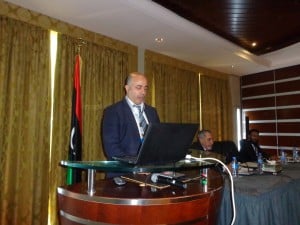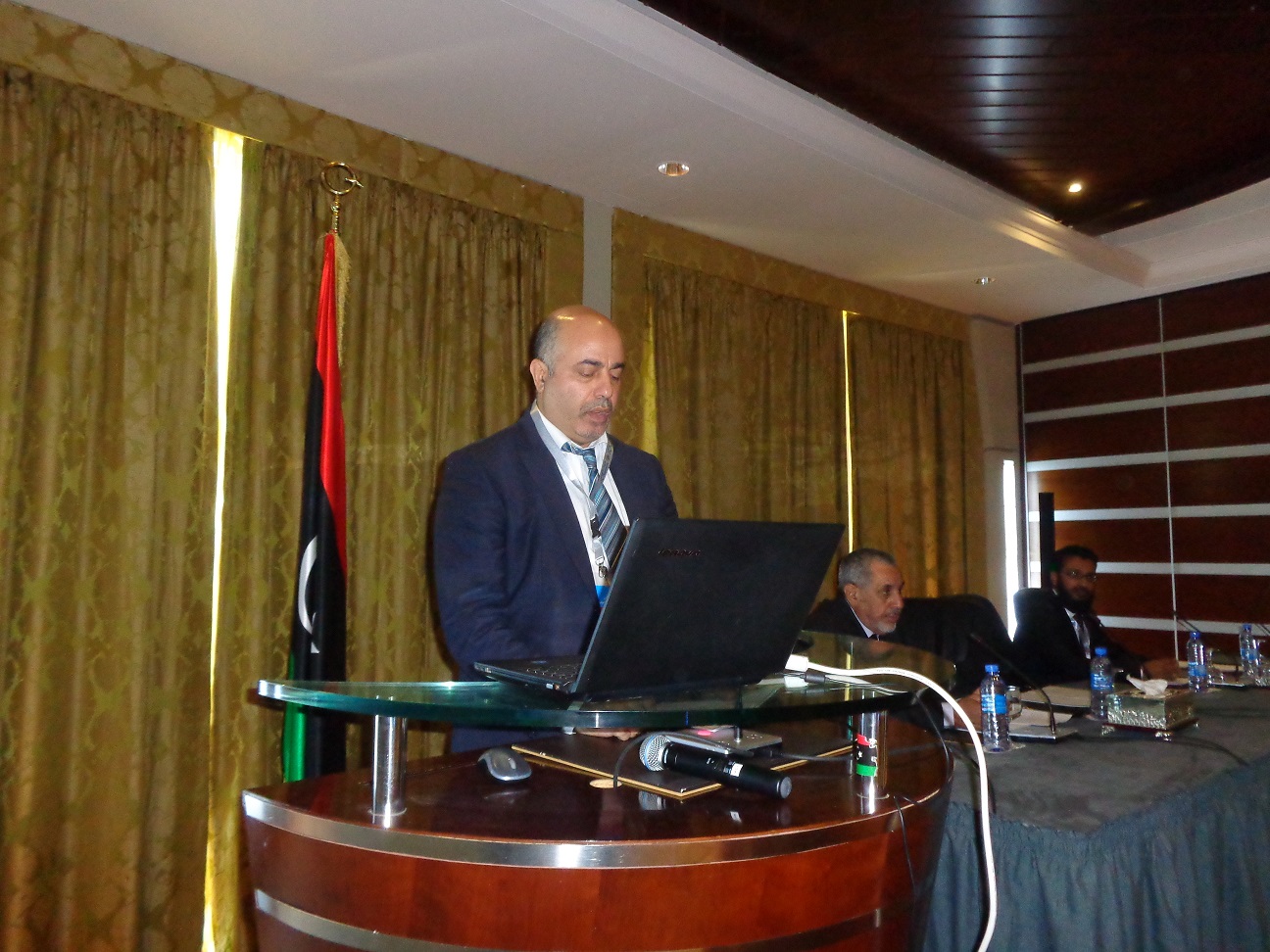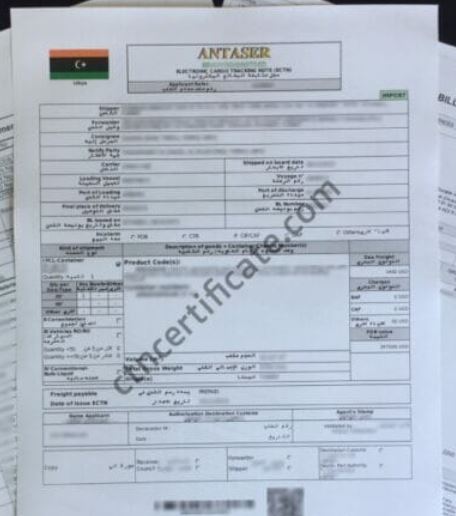By Sami Zaptia.

Tripoli, 14 October 2014:
A workshop was held in Tripoli’s Corinthia hotel today entitled “The resurrection of the Libyan aviation . . .[restrict]sector”.
The workshop, probably the first business event in Tripoli since the militia war broke out in Tripoli last July, and certainly the first event Libya Herald has covered, was organized and sponsored by the newly established private airline Nawras Air and supported by the Libyan Civil Aviation Authority (LCAA).
The militia fighting in Tripoli during the summer had led to the destruction of Tripoli airport and part of the fleet of aircraft belonging to public and private companies. This had in turn led to the virtual collapse of the aviation sector in Tripoli and therefore all of Libya.
Abuajaila Al-Tuhami, Director at the Libyan Civil Aviation Authority said in his introductory speech that the aviation sector in Libya had suffered like most sectors during the four decades under the Qaddafi regime. This included the period under the UN Lockerbie sanctions in the 1990’s.
The aviation sector had experienced a brief resurrection prior to the 2011 revolution before being hit again in 2011.
Tuhami said that 3.9 million passengers passed through Libya in 2012, peaking at 5.4 million in 2013 prior to the summer 2014 fighting and destruction of Tripoli International Airport (TIA).
Rebuilding TIA as well as the sector will take time and money and will need the creation of a positive investment climate to enable development. The closure of TIA has had a huge effect on Tripoli and the whole Libyan aviation sector, as well as the international community.
Out of the 12 airports operating in Libya, 7 were able to operate international flights while TIA was responsible for 51 per cent of Libyan air transport. Maetiga airport handled 3 percent.
The aim of the workshop is to re-launch Libya’s aviation sector in the shortest possible timeframe and at the least cost in view of the transitional period Libya was going through.
Mutaz Tluba of Nawras Air in his presentation noted that TIA had passed its capacity of about 3 million passengers and that the use of Maetiga and Zwara airports as alternatives to absorb capacity had to be considered in the short term.
Both airports had drawbacks, he noted with Maetiga needing investment for expansion and upgrading of infrastructure whilst Zwara’s short runway meant that it would not be able to handle Boeing 737’s or Airbuses 313 and 320, for example.
Tluba said that there needs to be a redistribution of the flight quota system in the present climate to the private sector until Afriqiya, Libyan Airlines and the international carriers are able to take up their quotas again.
The Libyan government also needed to look at granting tax breaks to the Libyan aviation private sector in an effort to help them make up some of the losses they have had to incur as a result of the various crises since the 2011 revolution.
Tluba also hoped that the Libyan government could help by investing in human resources by picking up the tab for the high cost of aviation training. The LCAA should also give priority of time slots to Libyan airlines ahead of foreign carriers.
During the open discussion section of the workshop it was revealed that a report on the current status of the aviation sector was due to be released soon and the contents of which would provide the foundation for future development.
In the very short term, the private sector is pushing for the speedy development and upgrade of Maetiga Airport whilst the Libyan state gets round to the re-launching of TIA.
There was a split in opinion on how long TIA needed for the resumption of operations, but all agreed that this would at best mean a three month wait. Even Maetiga would need at least a month of work to upgrade it, it was revealed and even then, it would not be able to handle nearly 6 million passengers.
Zwara airport would also have to be put into operation in order to take the pressure off Maetiga.
The option of using air taxis from Maetiga to Misrata and Zwara airports was also considered in order to reduce the two hour plus drive there from Tripoli.
It was agreed that security at airports was the most important priority as this affected insurance premiums.
It was also agreed that a joint committee should be formed between the public and private sectors in order to push the Libyan aviation sector forward. [/restrict]










